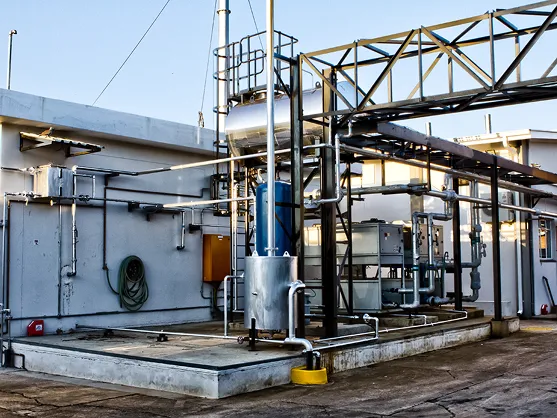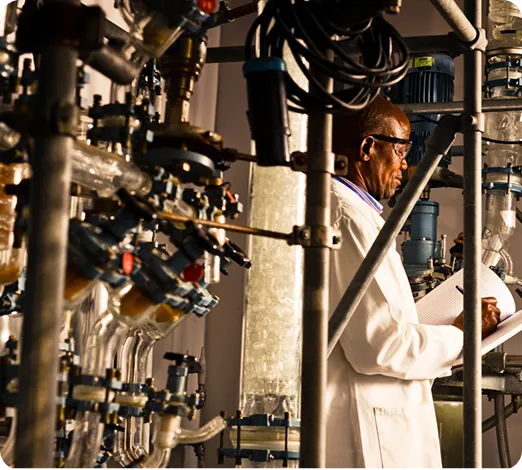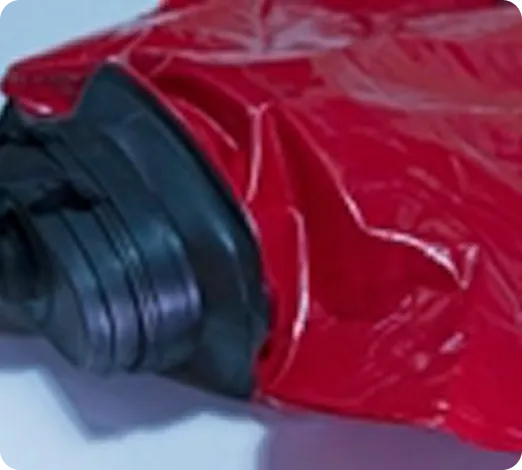Work with us
Industry Innovation Support
The CSIR is helping local industry improve its competitiveness by providing access to specialised facilities and skills as part of the Industry Innovation Partnership Fund, supported by the Department of Science, Technology and Innovation. Participants have access to large-scale prototyping and pre-commercial manufacturing infrastructure, equipment, expertise and access to business and technical networks. Research, development and innovation activities range from laboratory-scale validation to technology prototyping and pilot manufacture.
Image

- Biomanufacturing Industry Development Centre
- Nanomaterials Industrial Development Facility
- Biorefinery Industry Development Facility
- Mandela Mining Precinct
- Photonics Prototyping Facility
- Industrial Biocatalysis Hub




